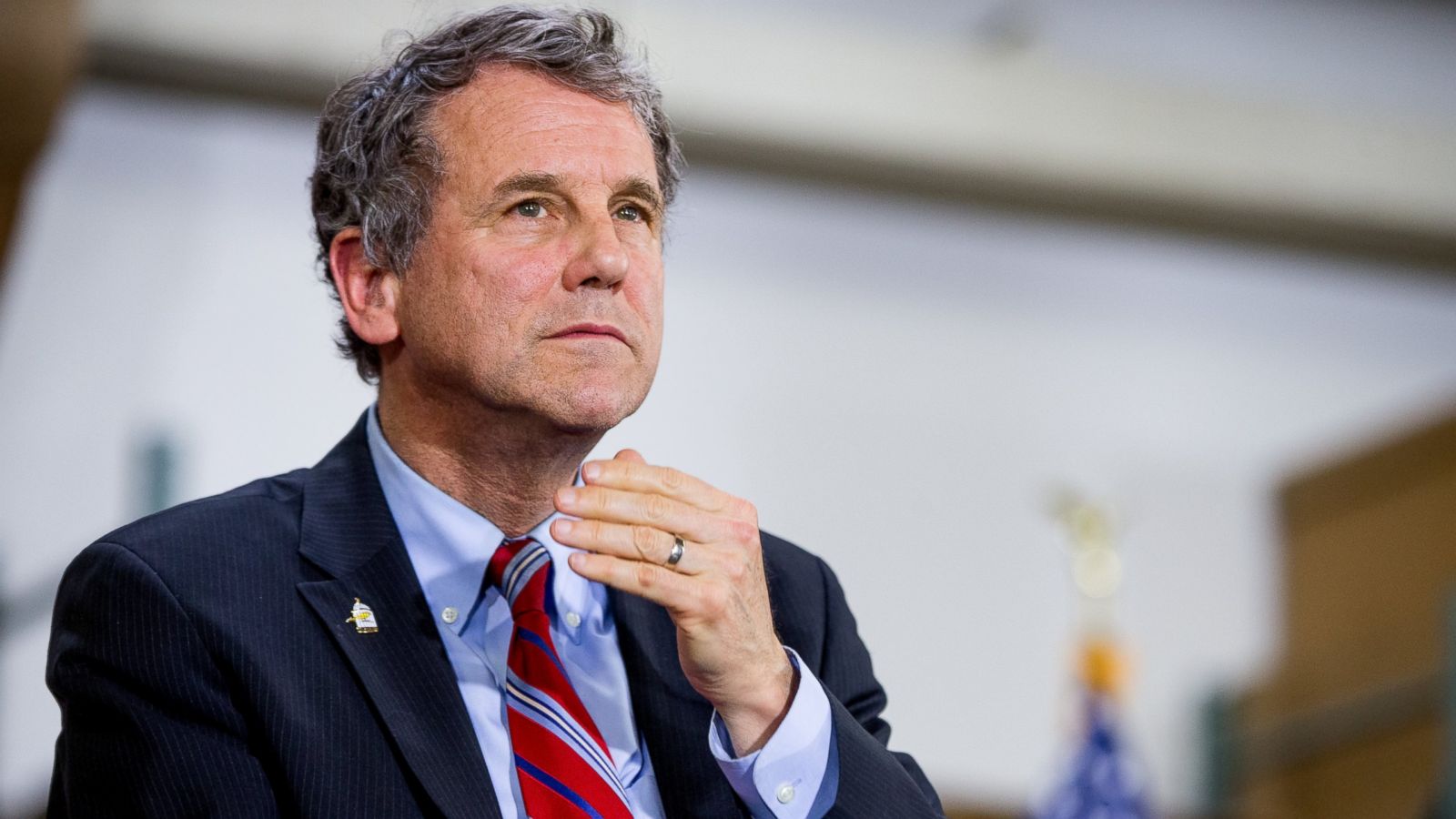The crypto space has been challenging for regulators, especially in light of recent incidents in which key industry players robbed the funds of innocent users with little or no repercussions.
Earlier this week, Sherrod Brown, who chairs the Banking Committee of the United States Senate, was on set with Chuck Todd of NBC, and they discussed the current state of crypto vis-à-vis regulation at length.
During the discussion, Brown said the crypto industry is going too wild and the government should tame it on time. He underscored that the bad actors in the sector might wreck more havoc and turn many millionaires into paupers if they don’t take the right action on time.
More particularly, he cited the recent downfall of the multi-billion-dollar FTX exchange all of a sudden. thereby pointing to the excessive risk and uncertainty in crypto trading and investment.
While allaying his fears, he mentioned that the Treasury Department and all other financial-related agencies should join hands and distill a stringent measure to regulate crypto. He pointed out that they should also consider banning crypto.
Banning it will be challenging but not unachievable.
As they steered the panel session forward, Brown agreed that the crypto industry is complex, and banning it would not be as straightforward as anyone would have thought.
He premised his thought on cryptocurrency’s distributed and decentralized nature, bearing in mind that it is a more novel deep-tech industry. But even at that, he maintained his stance that it was not impossible.
Thus, he laid the burden of researching the most effective way to ban crypto on the Treasury Department and other national financial-related departments.
He believes this after conducting extensive research into the ecosystem’s intricacies.The team will find a more efficient way to stop it, at least within the United States.
Concluding Remarks
Regulators have always had arguments against the ethos of decentralized finance in order to expand the financial market beyond the confines of governmental jurisdiction. As a result, the majority of governments have crypto in their black books.
Now, the demise of the once-buoyant FTX was a huge red flag and confirmation that their guesses might be right after all.
As a result, governments are no longer concerned with regulating and accommodating cryptocurrency, but rather with outright prohibiting it where possible.
At this juncture, the crypto industry needs more honest actors and builders to give it the befitting image it deserves, both within the industry and to the general populace.


